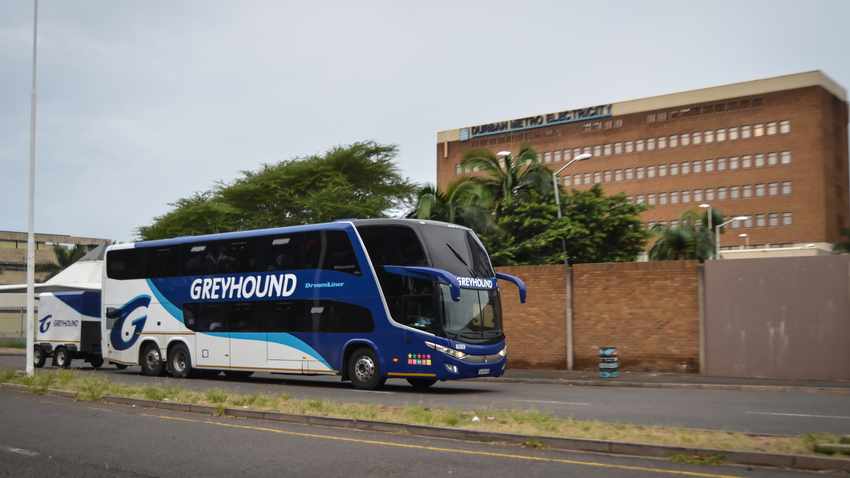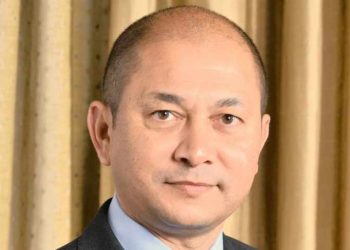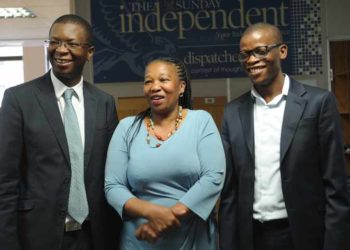DURBAN – BIG COMPANIES that have been hit hard by Covid-19 lockdown, such as the bus industry, should use reserve investments to revive their businesses instead of looking up to the financially stressed government to rescue them.
Director and economic strategist at Antswisa Transaction Advisory Services Miyelani Mkhabela questioned why the government should help companies, which have been generating lots of revenue during their decades of operation.
“It is very shocking that South African listed companies when Covid-19 hits them … they cannot really take on the complexity.
“If corporates that have been hit hard by Covid-19 are already experiencing challenges in using their savings or investments to rebuild their own companies, there is a behavioural challenge with investors that are running these companies, because in a general sense you will conclude that they are not investing,” said Mkhabela.
Bus operators blamed the state for failing to bail them out, which has led to them shedding thousands of jobs after losing hundreds of millions of rand in revenue.
Unitrans Passenger, a subsidiary of JSE-listed KAP Industrial Holdings, recently announced that its luxury inter-city and cross-border bus fleet Greyhound and Citiliner would effectively come to an end on February 15.
The Public Utility Transport Corporation (Putco) had also announced that its bus fleet, which operates in Gauteng, Limpopo and Mpumalanga provinces, would retrench 214 of its employees.
Transport Minister Fikile Mbalula expressed concern about the crumbling bus industry. His spokesperson, Ayanda Allie-Paine, had urged affected bus operators to make use of the Credit Guarantee Scheme, which provides loans to qualifying businesses.
Unitrans Passenger declined to comment. Putco disclosed that to date it had lost a total of R220 million in revenue, citing a significant decline in private bookings as people had been banned from attending funerals and weddings in large numbers and church trips and school excursions had also been suspended.
Executive manager of the Southern African Bus Operators Association Bazil Govender said to date there were 2 000 formal and informal jobs that had been shed in the sector. Govender raised concerns that despite not being fully operational, operators still had to pay fixed costs for fleet insurance, capital funding, licence fees, salaries, electricity, and rates and taxes.
Each bus had to pay a licence fee of R30 000 a year while the operating licence of a luxury coach, such as Greyhound, costs around R50 000 per annum. “In collaboration with Nedlac and Business for South Africa (B4SA), the costs of compliance for Safety protocols for Covid-19 were modelled from industry data obtained nationally and came to R4 767 per bus per month.
“The total projected costs for the bus industry amounted to R102 728 850 per month and these costs would have been largely borne by the industry sectors as required for operations, with very little or no assistance from the government,” said Govender.
Economist Mike Schussler said the lockdown had caused immense damages in many spheres of the country’s economy, including bus, metered taxi, flights and the hospitality industry. He said the R5 billion-worth Solidarity Fund, which President Cyril Ramaphosa launched before the lockdown in March last year, could do very little to help.
bongani.hans@inl.co.za
Special Investigations Unit


















